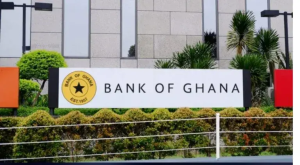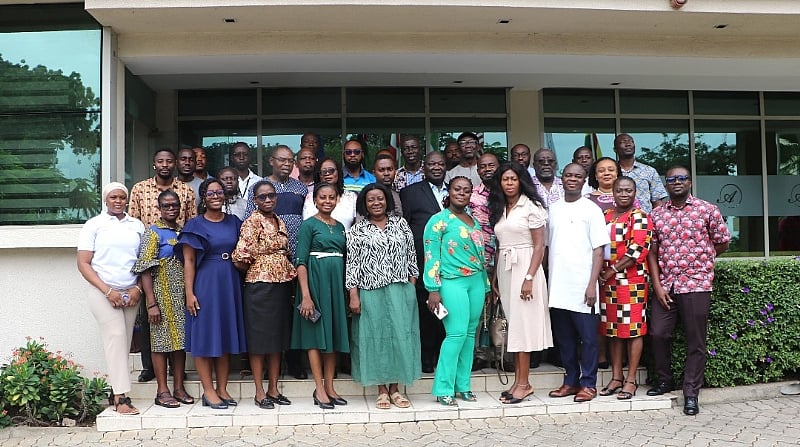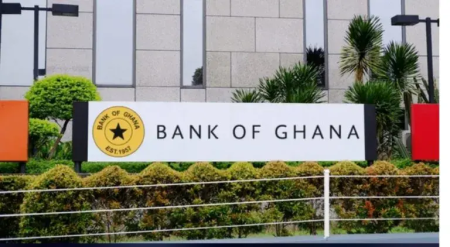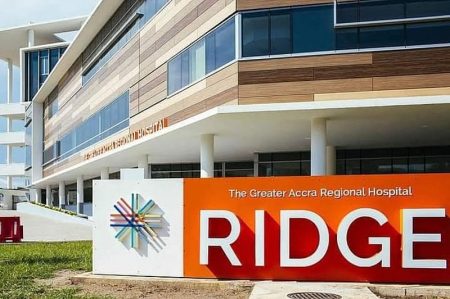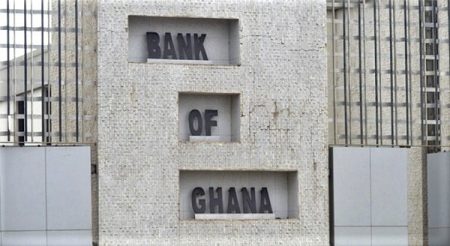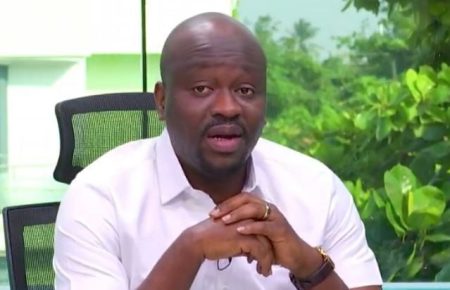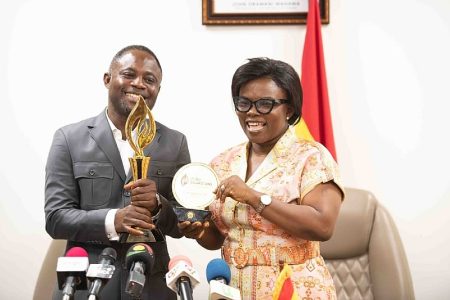Paragraph 1: Context and Project Overview
Small-scale gold mining (ASGM) in Ghana provides essential livelihoods for numerous individuals, but it carries substantial health and environmental risks, primarily from mercury exposure. Recognizing this challenge, the planetGOLD Ghana Project, a collaborative initiative by the Environmental Protection Agency (EPA) Ghana, the United Nations Development Programme (UNDP) Ghana, and the United Nations Industrial Development Organization (UNIDO) Ghana, aims to promote mercury-free mining practices and sustainable community development. Funded by the Global Environment Facility (GEF), this project emphasizes a multi-faceted approach to address the health and environmental impacts of ASGM. A key component of this approach is the development of a comprehensive Health Education Manual and Plan, designed to raise awareness, improve safety practices, and provide access to support services within affected mining communities. The overarching goal is to mitigate the negative consequences of mercury use while ensuring the sustainability of livelihoods dependent on the ASGM sector.
Paragraph 2: The Validation Workshop: A Platform for Collaborative Engagement
Central to the project’s success is community involvement and stakeholder collaboration. A validation workshop was convened to ensure the practicality, cultural relevance, and alignment of the Health Education Manual and Plan with the needs of mining communities and various stakeholders. This workshop employed a participatory approach, featuring group discussions, plenary sessions, and focused feedback sessions. Participants included representatives from government agencies, civil society organizations, miners themselves, and community members, ensuring a broad range of perspectives. Members of a dedicated Technical Working Group (TWG) facilitated the sessions, guiding participants through the plan’s elements and collecting valuable feedback for its refinement. This collaborative process was crucial for ensuring the resulting manual and plan were tailored to the specific context of the affected communities.
Paragraph 3: Key Mercury Exposure Prevention and Control Measures
Selina Dussey, Head of the Management Unit at the Ministry of Health, Ghana, presented four core mercury exposure prevention and control measures integrated into the Health Education Manual and Plan. These measures address the multifaceted risks of mercury exposure, spanning occupational health, environmental contamination, and public health concerns. The first focuses on reducing airborne inhalation risks among miners through the use of retorts and protective gear. Secondly, the plan emphasizes the adoption of mercury-free mining technologies to prevent water contamination, protecting both the environment and human health. Thirdly, it underscores the importance of safe mercury waste disposal to safeguard soil and agricultural activities, preventing further contamination through the food chain. Finally, the plan promotes public education campaigns to reduce mercury intake through contaminated fish and crops, addressing the broader community impact of mercury use.
Paragraph 4: Refining Communication Strategies for Effective Dissemination
A critical component of the workshop involved reviewing the Information, Education, and Communication (IEC) materials developed by the TWG. Participants critically assessed these materials for clarity, accuracy, and suitability for public dissemination, ensuring the information provided was readily understandable and relevant to the target audience. The effectiveness of the entire initiative hinges on the clear and accessible communication of these crucial health and safety messages. This review process was essential in empowering communities with the necessary knowledge and fostering behavioral change towards safer mining practices, ultimately improving public health outcomes in the affected regions.
Paragraph 5: Post-Workshop Outcomes and Implementation Framework
Following the validation workshop, the Health Education Manual and Plan will be finalized, incorporating the valuable stakeholder input and consensus achieved during the workshop discussions. A clear framework for implementation was established, outlining the roles and responsibilities of various stakeholders in executing the plan. This collaborative approach ensures ownership and shared responsibility, maximizing the potential for successful implementation and long-term impact. The workshop participants expressed a strong commitment to supporting the plan within their respective capacities, solidifying the foundation for a coordinated and sustained effort to address the health and environmental challenges associated with ASGM.
Paragraph 6: The Broader Significance of the planetGOLD Ghana Project
The validation workshop underscored the crucial link between protecting human health and the environment and securing sustainable livelihoods, emphasizing that these are not mutually exclusive but rather intrinsically connected. The planetGOLD Ghana Project, through collaborative initiatives and inclusive dialogue, is advancing mercury-free mining and promoting public health within mining districts across the country. By fostering community engagement and stakeholder collaboration, the project aims to achieve a significant reduction in mercury use within the ASGM sector, contributing to both improved public health and environmental sustainability. This holistic approach recognizes that the well-being of communities and the health of the environment are essential for achieving lasting and meaningful development in the ASGM sector.




